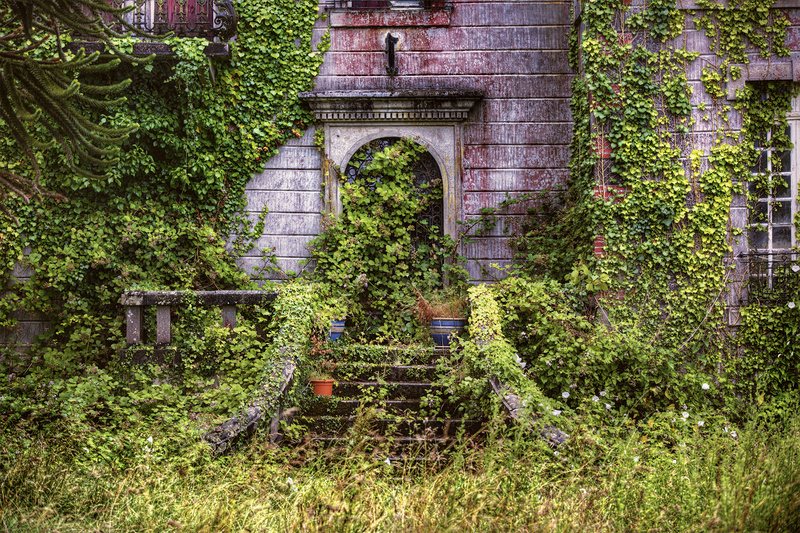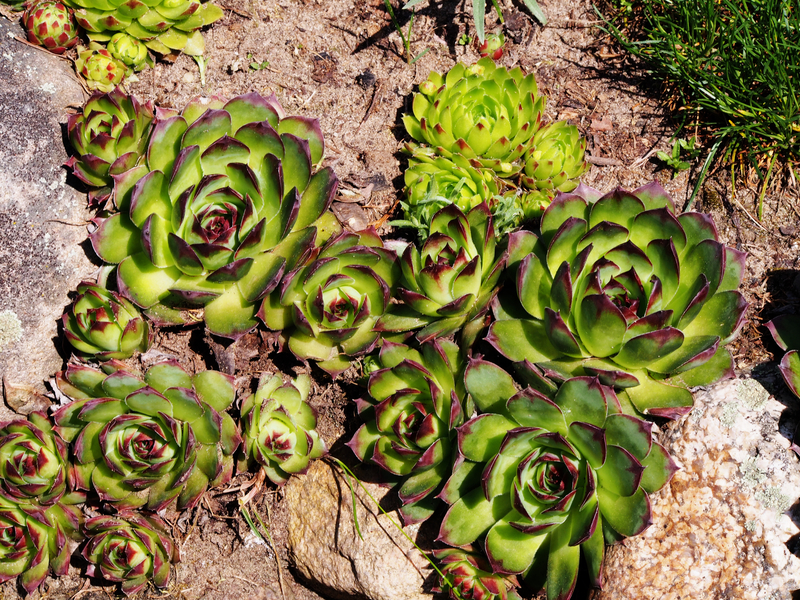Master the Basics with 9 Vital Gardening Tips for Newbies
Posted on 24/05/2025
Master the Basics with 9 Vital Gardening Tips for Newbies
Are you a gardening newbie eager to cultivate your own green space? Stepping into the world of gardening can be both exciting and a bit daunting. Fortunately, by mastering the essentials, you can transform your backyard or balcony into a thriving oasis. This comprehensive guide will outline 9 essential gardening tips for beginners, designed to help you establish a strong foundation and grow your confidence alongside your plants.

Why Mastering Gardening Basics Matters
Understanding the fundamentals of gardening is crucial for success. Beginners often face common mistakes like overwatering, poor plant placement, or soil issues. Learning vital gardening techniques early ensures your efforts reward you with lush flowers, delicious fruits, and flourishing veggies. Whether you dream of a vibrant flower bed or a productive vegetable patch, applying beginner gardening advice will give you the best start.
9 Vital Gardening Tips Every Beginner Should Know
1. Choose the Right Location for Your Garden
One of the most important steps for starting a successful garden is selecting the ideal location. Most fruits, vegetables, and many flowers require a minimum of 6 hours of direct sunlight per day. Observe your yard or balcony throughout the day to find a spot that receives ample sunlight and is protected from strong winds.
- Sunlight: Look for south-facing spaces for maximum exposure.
- Accessibility: Place your garden where you can easily reach for watering and maintenance.
- Drainage: Avoid areas where water collects and lingers after rain.
2. Understand Your Soil
Healthy soil is the backbone of any successful garden. Before planting, take time to evaluate your soil's type and nutrient content. There are three basic types of soil: clay, sand, and silt. The ideal mix is called loam--a balanced blend that holds moisture without becoming waterlogged.
Testing your soil for nutrients and pH can be done with a simple home test kit, which will inform you what amendments you might need (like compost or lime).
3. Start Small and Simple
Resist the urge to plant a massive garden in your first season. Starting small is crucial when you're learning the basics of gardening. Choose a few varieties of easy-to-grow plants that are suited to your region and your garden's characteristics.
- Recommended beginner plants: Tomatoes, lettuce, radishes, and marigolds are great for starters.
- Containers: If space is limited, try using pots or vertical planters.
4. Water Wisely
Proper watering is a key gardening skill for beginners. Both underwatering and overwatering can quickly harm your plants. The goal is to keep the soil evenly moist--not soggy, not dry.
- Water early in the morning to reduce evaporation and minimize fungal diseases.
- Stick your finger about an inch into the soil; if it feels dry, it's time to water.
- Use a soaker hose or watering can for gentle, precise watering.
5. Feed Your Plants
Nutrition is as important for plants as it is for people. Your plants will thrive when given the right types of fertilizers and organic matter. Incorporating compost, aged manure, or specialized fertilizers adds nutrients that may be missing from your native soil.
- Feed plants during their peak growing season (usually spring and summer).
- Follow label instructions--too much fertilizer can burn roots!
6. Mulch for Moisture and Weed Control
Mulching offers numerous benefits, particularly for new gardeners. A layer of organic mulch, such as wood chips or straw, helps keep soil moist, regulates temperature, and suppresses weed growth, giving your plants a better chance to thrive.
- Apply 2-3 inches of mulch around plants, avoiding direct contact with stems.
- Mulch also breaks down over time, improving soil quality.
7. Learn to Identify Pests and Diseases
One of the steepest learning curves in gardening is recognizing and managing pests and diseases. It's important to inspect your plants regularly for signs of trouble. Early detection allows you to address issues before they become severe.
- Check under leaves for insects or eggs.
- Look out for wilting, yellowing, spots, or mold--the tell-tale signs of problems.
- Encourage beneficial insects, like ladybugs, to help with pest control.
- If needed, use eco-friendly solutions for a sustainable garden.
8. Practice Pruning and Deadheading
Maintenance tasks such as pruning and deadheading are vital for keeping your garden looking its best. Pruning removes dead or overcrowded growth, improving air circulation and plant health. Deadheading--removing faded flowers--encourages more blooms and tidier plants.
- Use clean, sharp tools to prevent disease spread.
- Research your plants' specific pruning needs--some bloom on new wood, some on old.
9. Cultivate Patience and Keep Learning
Patience is one of the most important lessons for novice gardeners. Plants take time to grow and mature, and even experienced gardeners encounter setbacks. Use every season as a learning experience--take notes, experiment, and connect with local gardening groups for advice and inspiration.
- Visit libraries, nurseries, or online forums to expand your gardening knowledge.
- Cherish your progress, and don't be discouraged by mistakes--they're part of the process!
Common Beginner Gardening Mistakes to Avoid
Even with these essential gardening basics, it's easy to slip into common pitfalls. Here are a few to watch for:
- Overcrowding plants: Give each plant enough space for proper growth and air circulation.
- Ignoring local climate: Always choose plants suited to your region.
- Neglecting regular care: Gardening is a regular commitment--visit your space often, even just for 10 minutes a day.
Choosing the Best Plants for Your First Garden
Not all plants are equally forgiving. As a rookie gardener, select varieties that are known for being robust and easy to care for. Consider these beginner favorites:
- Leafy greens: Lettuce, spinach, and arugula produce quickly and are generally pest-resistant.
- Herbs: Basil, mint, and chives thrive in pots or in the ground.
- Root vegetables: Radishes and carrots are quick to mature.
- Sunflowers and zinnias: Easy, cheerful flowers that brighten any garden.
*Local extension offices or garden centers can help you choose species suited to your climate (known as your hardiness zone).

Essential Gardening Tools for Beginners
Investing in a few basic tools will make maintenance easier and more enjoyable. Start with:
- Trowel: Perfect for digging small holes and transplanting seedlings.
- Gardening gloves: Protects hands from cuts and thorns.
- Watering can or hose: Ensure gentle, thorough watering.
- Pruning shears: For deadheading and simple pruning tasks.
- Rake and hoe: Helpful for preparing soil and managing weeds.
Gardening: A Rewarding Journey
Starting your first garden can feel overwhelming, but by embracing these vital gardening tips for beginners, you'll be sowing seeds for a lifelong passion. Remember, every gardener makes mistakes--it's all part of learning. As you nurture your plants, you'll also be nurturing patience, resilience, and a deeper connection with nature.
Ready to put your gardening skills into practice? With these 9 essential gardening basics, you'll give your plants--and yourself--the best possible start. Happy gardening!
If you found these gardening tips useful, share this guide with other aspiring newbie gardeners and watch your knowledge--and your plants--grow!
Latest Posts
Tips to Safeguard Your Garden Against Stormy Weather
3 Proven Strategies for Winning the Weed Control Battle
Gardening as a Green Solution to Global Warming
Transform Your Space with 5 Affordable Low Maintenance Garden Tips

